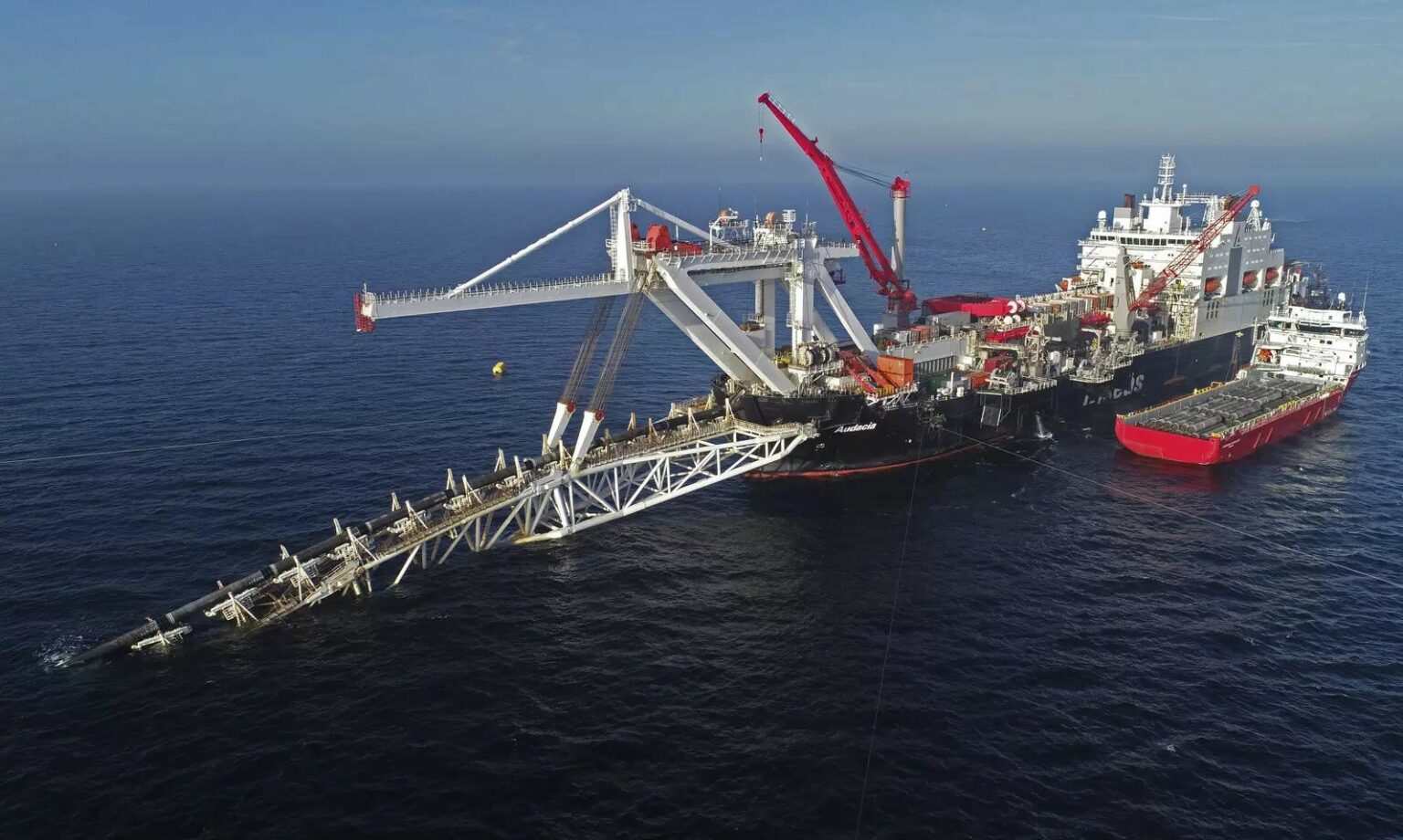As Europe prepares for winter and faces an energy shortage, the three outflows from the Russia-Germany Nord Stream 1 and 2 pipelines have driven up natural gas prices. This has also heightened geopolitical tensions.
In a turn of events that US officials categorically denounced as “ridiculous,” Moscow questioned Wednesday whether Washington was to blame for the mysterious undersea gas pipeline leaks in Europe that have been attributed to sabotage.
As Europe prepares for winter and faces an energy shortage, the three outflows from the Russia-Germany Nord Stream 1 and 2 pipelines have driven up natural gas prices. This has also heightened geopolitical tensions.
Just hours after the EU described the damage as “deliberate,” Swedish intelligence said it was starting an investigation into the massive leaks in the Baltic Sea, calling them “aggravated sabotage.” High-level finger-pointing has, however, followed the question of who is to blame, with Moscow alleging that the US had already declared Nord Stream 2 “finished” if Russia invaded Ukraine.
We all know Russia has a long history of spreading disinformation and is doing it again here, a spokeswoman for the National Security Council in Washington said in response to the suggestion.
Among Western allies, suspicion of the leaks has focused on Russia, which has cut gas supplies to Europe in retaliation for harsh Western sanctions over the war in Ukraine.
In response, Russia stated on Wednesday that it would request a meeting of the UN Security Council “in connection with provocations” involving the broken pipes. Norway, which is rich in fossil fuels, increased security at its installations in response to accusations of sabotage made by Europe.
Josep Borrell, the head of EU foreign policy, said in a statement that “they are not a coincidence. Everything we know suggests that those leaks were the result of an intentional act.”
Ursula von der Leyen, Charles Michel, and the leaders of several European nations have all attributed the Nord Stream leaks to sabotage.
“They appear to be an effort to further polarise the EU’s energy supply,” Michel wrote in a tweet. “All responsible parties will be compelled to answer for their actions and pay,” he continued.
The EU is considering additional sanctions against Russia in response to Moscow’s forces annexing four regions of Ukraine.
Both of the Nord Stream pipelines were carrying gas when they were struck by what Swedish seismologists described as a “large-scale energy release,” despite the fact that they are not currently in use.
“It can easily take one or two weeks for the area to calm down enough for an inspection to verify the cause,” Danish Defense Minister Morten Bodskov told reporters in Brussels.
There are now two Danish military ships in the region.
Norway, a non-EU member country that now surpasses Russia as Europe’s top gas supplier, announced that it would increase security at its oil and gas facilities. “The government of Norway has decided to take action to enhance security at infrastructure locations, land ports, and platforms.,” Terje Aasland, the Norwegian Minister of Energy, said.
The Norwegian Petroleum Safety Authority demanded earlier this week that “Increased caution is taken by all operators and shipping companies on the continental shelf..” Nord Stream 2, which was constructed in parallel with Nord Stream 1 pipeline, was designed to increase Germany’s ability to import Russian gas twofold.
But in the days leading up to the war, Berlin blocked the recently finished Nord Stream 2. Germany has experienced severe hardship as a result of Moscow’s declining supply due to its strong reliance on imports of fossil fuels for its energy needs.
Sweden and Poland concur that sabotage is the most likely explanation for the Nord Stream leaks, with Warsaw speculating that Russia was likely responsible in order to intensify the conflict in Ukraine.
Read more: https://tdznkwjt9mxt6p1p8657.cleaver.live/













